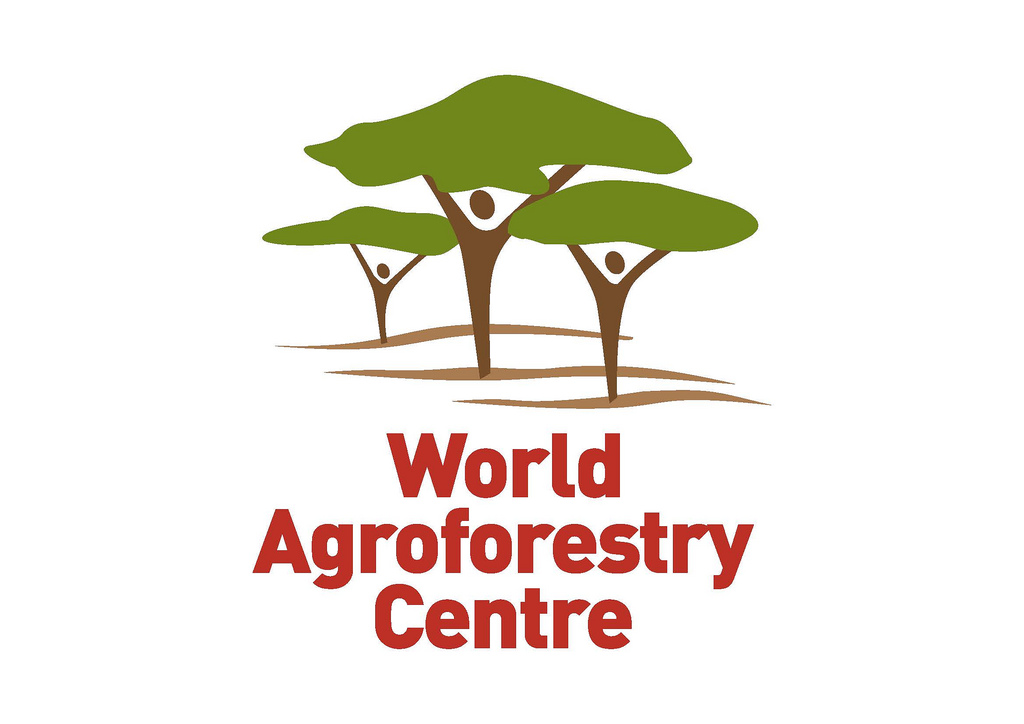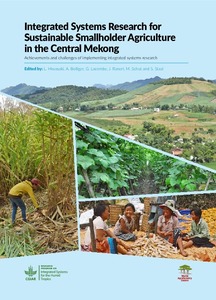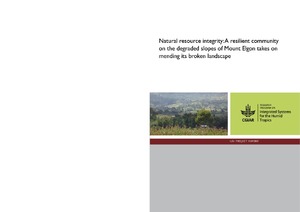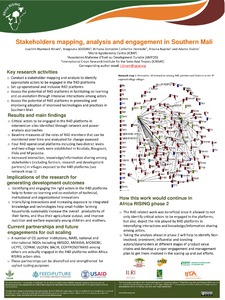Location
The World Agroforestry Centre (ICRAF) is a CGIAR Consortium Research Centre. ICRAF’s headquarters are in Nairobi, Kenya, with six regional offices located in Cameroon, China, India, Indonesia, Kenya and Peru.
The Centre’s vision is a rural transformation throughout the tropics as smallholder households increase their use of trees in agricultural landscapes to improve their food security, nutrition security, income, health, shelter, social cohesion, energy resources and environmental sustainability.
ICRAF's mission is to generate science-based knowledge about the diverse benefits - both direct and indirect - of agroforestry, or trees in farming systems and landscapes, and to disseminate this knowledge to develop policy options and promote policies and practices that improve livelihoods and benefit the environment.
The World Agroforestry Centre is guided by the broad development challenges pursued by the CGIAR. These include poverty alleviation that entails enhanced food security and health, improved productivity with lower environmental and social costs, and resilience in the face of climate change and other external shocks.
ICRAF's work also addresses many of the issues being tackled by the Sustainable Development Goals (SDGs) that aim to eradicate hunger, reduce poverty, provide affordable and clean energy, protect life on land and combat climate change.
Members:
Resources
Displaying 46 - 50 of 146Integrated systems research for sustainable smallholder agriculture in the Central Mekong: Achievements and challenges of implementing integrated systems research
Hotspots of gross emissions from the land use sector: patterns, uncertainties, and leading emission sources for the period 2000–2005 in the tropics
According to the latest report of the Intergovern- mental Panel on Climate Change (IPCC), emissions must be cut by 41–72 % below 2010 levels by 2050 for a likely chance of containing the global mean temperature increase to 2 ?C. The AFOLU sector (Agriculture, Forestry and Other Land Use) contributes roughly a quarter (? 10–12 Pg CO2 e yr?1 ) of the net anthropogenic GHG emissions mainly from de- forestation, fire, wood harvesting, and agricultural emissions including croplands, paddy rice, and livestock.
Natural resource integrity: A resilient community on the degraded slopes of Mount Elgon takes on mending its broken landscape
The once beautiful foothills of Mount Elgon, in eastern Uganda are today seriously degraded, with excessive water run-offs and landslides becoming regular occurrences. Restoring the health and productive potential of the agroecosystem had become a dire need of those, mostly women, who stayed to farm it. By challenging the status quo and doing things differently, the Kapchorwa District Landcare Chapter (KADLACC) has been helping this farming community over the past fifteen years to manage its natural resources more sustainably, as well as more profitably.
Natural resource integrity: A resilient community on the degraded slopes of Mount Elgon takes on mending its broken landscape
The once beautiful foothills of Mount Elgon, in eastern Uganda are today seriously degraded, with excessive water run-offs and landslides becoming regular occurrences. Restoring the health and productive potential of the agroecosystem had become a dire need of those, mostly women, who stayed to farm it. By challenging the status quo and doing things differently, the Kapchorwa District Landcare Chapter (KADLACC) has been helping this farming community over the past fifteen years to manage its natural resources more sustainably, as well as more profitably.





